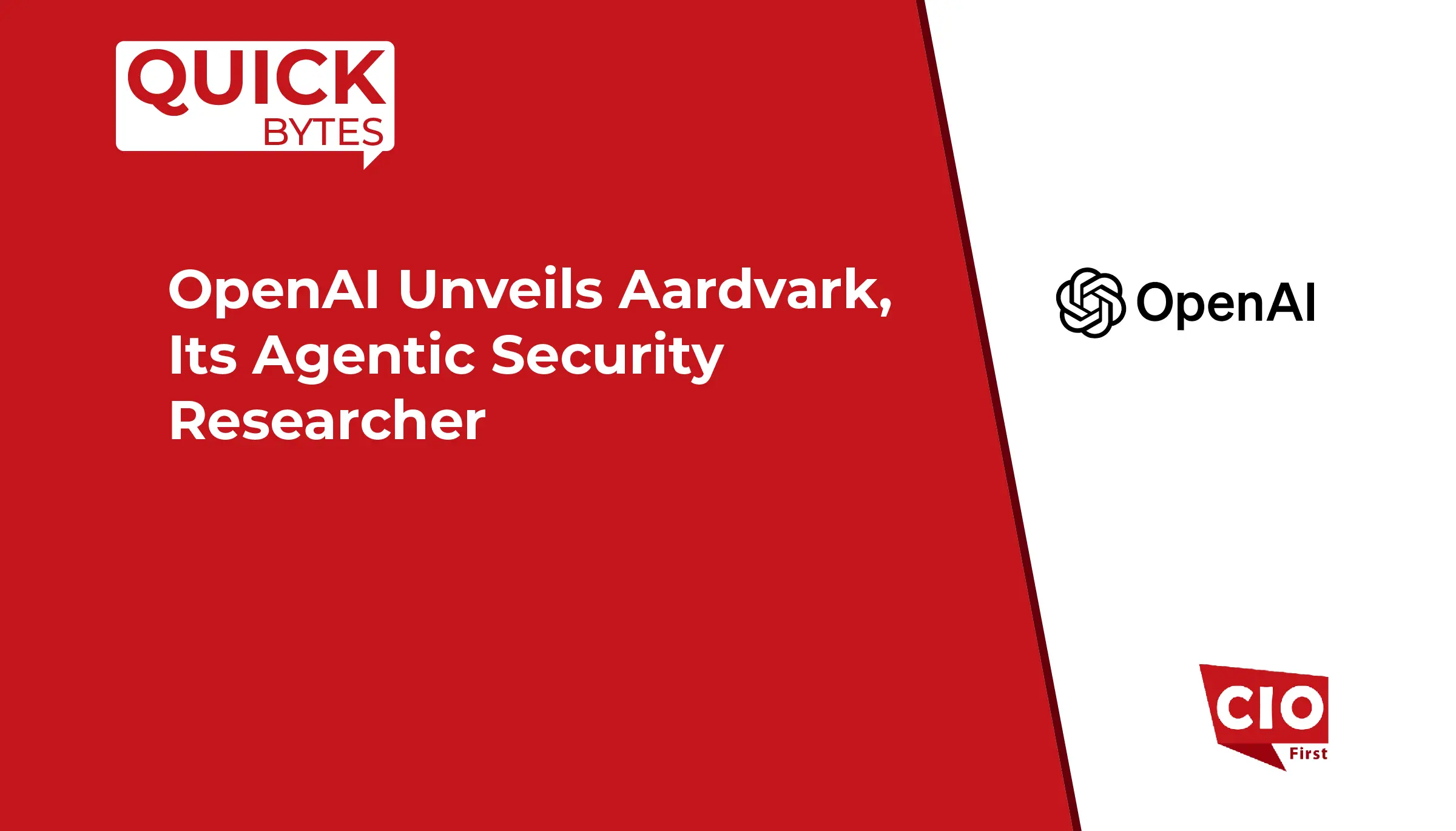OpenAI has introduced Aardvark, an autonomous AI-powered security researcher built on GPT-5, marking a major leap in AI-driven software defense. Designed to help developers and security teams detect, validate, and patch vulnerabilities at scale, Aardvark continuously analyzes source code repositories to identify risks, assess exploitability, and propose precise fixes. Unlike traditional methods such as fuzzing or static analysis, Aardvark leverages LLM-powered reasoning and tool use to examine code as a human researcher would—reading, testing, and validating vulnerabilities in real time. Its multi-stage pipeline covers analysis, commit-level scanning, exploit validation, and automated patch generation through OpenAI Codex integration, enabling streamlined, one-click remediation.
Also Read: Rapid7 Boosts Exposure Remediation with AI Risk Insights
Already deployed internally and with select partners, Aardvark has demonstrated 92% recall in benchmark tests and discovered multiple vulnerabilities across open-source projects, several of which received CVE identifiers. OpenAI plans to offer pro bono scanning for non-commercial open-source repositories, reinforcing its commitment to responsible disclosure and a safer software ecosystem. By providing continuous, intelligent security insights, Aardvark establishes a defender-first model that helps organizations strengthen resilience without compromising development speed.

























